Cat diarrhea can be an absolute nightmare, especially if it's chronic or extreme. If you notice diarrhea in your cat's litter box, you might start to panic. Not only does cat diarrhea smell terrible, but it can also mean something is wrong with your pet! So, what's the remedy for stopping your cat from having diarrhea? Don't fret — the best cat diarrhea home remedy is closer than you think!
Many natural home remedies can alleviate your cat's symptoms. If you notice something up with your cat's stool, you will need to take action fast to avoid further complications. Read on to learn how to spot diarrhea early on and properly treat your cat.
READ MORE : CBD For Cats
What Is Cat Diarrhea?
Unfortunately, diarrhea is a universal problem for mammals. As we know, it's no picnic, and I'm sure cats agree. It's sad to see your cat in discomfort from diarrhea, but what exactly is going on when your cat experiences it? Is it anything more than loose feces? Allow us to explain this messy subject.
Like humans, your cat's digestive tract has different sections, and their colon is the last part of their gastrointestinal tract. Food material that enters the colon has been largely digested, meaning it's pretty much fecal matter. Part of the colon's job is to absorb vital fluids from feces and further process waste for elimination.

Essentially, if your cat's colon absorbs enough liquid, then their feces will come out solid and healthy. If they don't absorb enough water, the feces will have a higher volume of liquid, and it will come out wet or loose (hopefully, into the litter box). Diarrhea tends to happen when the body tries to expel fecal matter too quickly.
Although diarrhea comes from the colon (or rushes through it), it doesn't necessarily mean something is wrong with the colon. It could be from many things — paying attention to what type of diarrhea your cat has could prove useful to you or your veterinarian.
Is It Acute or Chronic?
If you notice your furry feline is experiencing diarrhea, pay attention to when it started. Hopefully, it is just an episode or two, but you may have a chronic problem if it is persistent. That said, let's take a look at the two basic kinds of cat diarrhea.
Acute Diarrhea
This means that the onset of diarrhea started suddenly and ended fairly quickly. In other words, it's a shorter event that is usually punctuated by a definite beginning and end.
Chronic Diarrhea
Chronic diarrhea in your cat is more of a constant problem. There is no definite beginning or end to these episodes of gastrointestinal distress. More than likely, this is a symptom of a chronic underlying problem.
Although both types of diarrhea can be serious, chronic diarrhea more likely needs veterinary treatment. This is especially true if you tried any home remedies and your cat's condition hasn't improved or even gotten worse.
When Should You Contact the Veterinarian?
Does your cat have diarrhea? Make sure to monitor your cat's diarrhea and keep an eye on their litter box. Here are some things you should keep an eye on. If any of these are true, you need to take your cat to the vet immediately:
- You think your cat ingested something toxic, like a houseplant
- You suspect they ate something like a rubber band or string
- Your cat appears sluggish and low energy
- Your cat is not eating
- You notice your cat is vomiting every time they drink or eat, or you see blood in their vomit
- It lasts more than 24 hours even after trying home remedies
- If diarrhea is present in large amounts, is frequent, or is explosive
- You can see blood in your cat's poop
- The poop is black and has a tarry appearance
- Your cat is struggling to defecate
- Your cat is experiencing bloat
- You can see your cat rapidly breathing or hear them groaning
- If your cat is very young, very old, or vulnerable to dehydration
- Your cat is avoiding being pet or touched
- You see worms in their stool or vomit
- Your cat's gums are off-color (usually pale, blue, white, or yellow)

What Causes Diarrhea in Cats?
According to Forrest Gump, "S**t happens," but why does diarrhea happen? Remember, diarrhea is not an independent sickness; it is an overlying symptom of one or more underlying disorders. It's one of the more common symptoms, meaning that it may be indicative of a wide variety of potentially serious diseases. As a result, be sure you use your best judgment when dealing with your cat's health.
To better understand how to stop cat diarrhea, let's take a look at some common reasons the problem arises:
- Systemic or overall illness
- An abrupt change in your cat's food or a drastic change in their diet
- Increased levels of nervousness or serious changes in the cat's environment and/or routine
- Liver, kidney, pancreatic issues
- An irritated or upset stomach
- Having eaten garbage, rotten food, nonfood, or other foreign bodies
- Adrenal glands that do not function properly
- An intestinal blockage
- Primary swelling disorders
- Thyroid imbalance or sickness
- Constipation – older cats may react to this by expelling watery stool around an obstruction
- Infection (viral, bacterial, or fungal)
- Various parasites, especially ticks or fleas
- Various toxins or drugs
As you can see, there are many different reasons that your cat can get diarrhea. You'll have to take your pet to a veterinarian to properly diagnose the underlying condition in many cases. However, this is usually only necessary if the condition is particularly serious or consistent. If it's not too serious, you might be able to stop your cat's diarrhea naturally.
What Are the Symptoms?
Besides the consistency and frequency of your cat's bowel movements, there are several symptoms associated with cat diarrhea, including:
- Upset stomach
- A higher than usual volume of water in your cat's feces
- A higher than usual volume of actual feces
- Accidental or uncontrolled defecation
- Melancholy, angst, or overwhelming sadness
- Mucus or blood in your cat's feces
- Straining or effort when defecating
- Fatigue, weakness, or listlessness
- Elevated body core temperature (fever)
- Discomfort or aches in the abdomen or torso
- Chronic loss of appetite
Remember that diarrhea is not a disease itself but rather a symptom indicating a problem. It is formally known as a non-specific symptom, which means that it's quite common and is usually used in conjunction with other symptoms to make an accurate diagnosis.
Because diarrhea is usually a sign of another issue, it's rarely the only symptom. Diarrhea is almost always accompanied by one or more of the symptoms listed above. If you're lucky, your cat's issue won't be too serious. Hopefully, you can stop their diarrhea naturally by using one of the following remedies.

How to Naturally Stop Cat Diarrhea at Home
If your cat has diarrhea, it's up to you to determine if it's serious — do they require veterinary attention, or can you use a cat diarrhea home remedy? If your cat's diarrhea isn't too serious, you can always try one of the following home remedies. Let's take a look at how to stop cat diarrhea.
Switch up Your Cat's Food
This is a big one! Cats are creatures of habit, like most animals. They are often satisfied with the same food every day, as long as they enjoy it. If your cat has diarrhea, it's probably a good idea to stick to a certain type of cat food that your cat prefers. That way, if your cat has bowel issues from its food, you know exactly what kind caused the issue and can switch to a different kind.
Some cats have food allergies or intolerances. If your cat has allergies, be sure to provide them with a hypoallergenic or low-antigen diet to remedy the onset of diarrhea.
If your cat has diarrhea, however, it's not advisable to withhold food. Doing so may cause a potentially fatal liver problem known as hepatic lipidosis. If you're feeding them table scraps or human food, try sticking with nutritious and specially-formulated cat food instead, and see if it helps.
Decrease or Increase Their Fiber Intake
Cats are just like other mammals: fiber plays a huge role in their bowel movements' regularity and water content. Furthermore, precise metabolism and digestion may vary from cat to cat. Some felines do better with high-fiber diets, while others respond to low-fiber diets.
If your cat's experiencing long-term diarrhea that's mild in severity, switch up the amount of fiber in their diet. You can try cat foods with a crude fiber level of approximately 3% or lower for a low-fiber diet. Try adding either Metamucil or canned pumpkin to your cat's food for a high-fiber option.
Provide CBD
CBD is a naturally occurring compound found in the hemp plant that has become pretty popular for pets due to its benefits to their overall wellness. It interacts with your cat's endocannabinoid system (ECS) to improve your cat's physical well-being. Through this interaction, it can help relax the stomach and decrease the symptoms of an upset tummy. This includes reducing discomfort, easing swelling in the stomach, and helping to alleviate diarrhea.
Wondering how to give your cat CBD? HolistaPet has a variety of tasty CBD products that are easy to give your cat when they need it most, ensuring they don't become even more stressed. This includes CBD cat treats, capsules, and CBD oil that you can add right into their food.
Increase the Intake of Water and Electrolytes
In all mammals, diarrhea has an unfortunate tendency to amplify itself. In other words, if the colon is malfunctioning and not absorbing enough water, then dehydration sets in. This dehydration, in turn, causes more diarrhea.
Give your cat more water, preferably water with valuable electrolytes, to combat this dehydration. This cat diarrhea remedy will also help your cat regain some of the much-needed liquids it lost from the episode.
Add Probiotics to Their Diet
Like other mammals, cats require many beneficial bacteria in their digestive system to help break down food. This is known as gut flora. Foods or supplements with probiotics can help cats restore natural gut flora levels if they've been lost due to chronic or acute diarrhea.
As with any veterinary condition, you'll need to keep an eye on your cat to ensure that their diarrhea is not serious. If it's a fairly mild to moderate case and does not appear to be heavily chronic, then be sure you try one of the above remedies to naturally stop your cat's diarrhea. Trust us when we say your cat will thank you!

Provide A Comfortable Environment For Rest & Recuperation
Sometimes, like us, cats just need some rest. Diarrhea can be tough on your cat's system, and a stressful environment may make it worse. Put your cat in a safe, secure, and comfortable room that's free of loud noises and stressors. Give your cat plenty of cozy places to sleep, including a cardboard box, blankets, and a cat bed.
Why You Shouldn't Use Human OTC Diarrhea Products
You should never give human medications to your cat. Anti-diarrheal medications for people are not made with cats in mind, meaning they can harm your cat if ingested. This includes:
- Pepto Bismol
- Imodium
- Kaopectate
These human medications are toxic to your cat, especially if they ingest too much. This is due to a lot of the harmful ingredients, like salicylates. Your cat may become anemic, develop ulcers, and have liver failure depending on how much they ingest. If you gave your cat any of these medications, contact a veterinarian immediately.
Final Thoughts
Cats are creatures of habit. They often eat at the same time every day and even use the litter box at the same time every day. So when you notice something different, that can be a sign that something is wrong. This unpleasant issue is no fun, so it's important to know how to stop cat diarrhea.
When you suspect that your cat has diarrhea, there are natural remedies you can provide them at home. This includes CBD treats, probiotics, more water, and a safe place to rest. But if your cat has diarrhea for more than 24 hours despite these treatments, contact a veterinarian right away. With the right treatment, your cat will be better in no time, and they will be back to their crazy kitty antics.









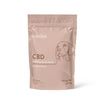




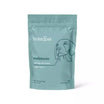





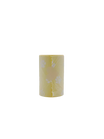


![Cat Eye Infection Home Remedies [6 Easy & Simple Solutions]](http://www.holistapet.com/cdn/shop/articles/HP_REMEDY-EYE-INFECTION.webp?v=1686951877&width=820)

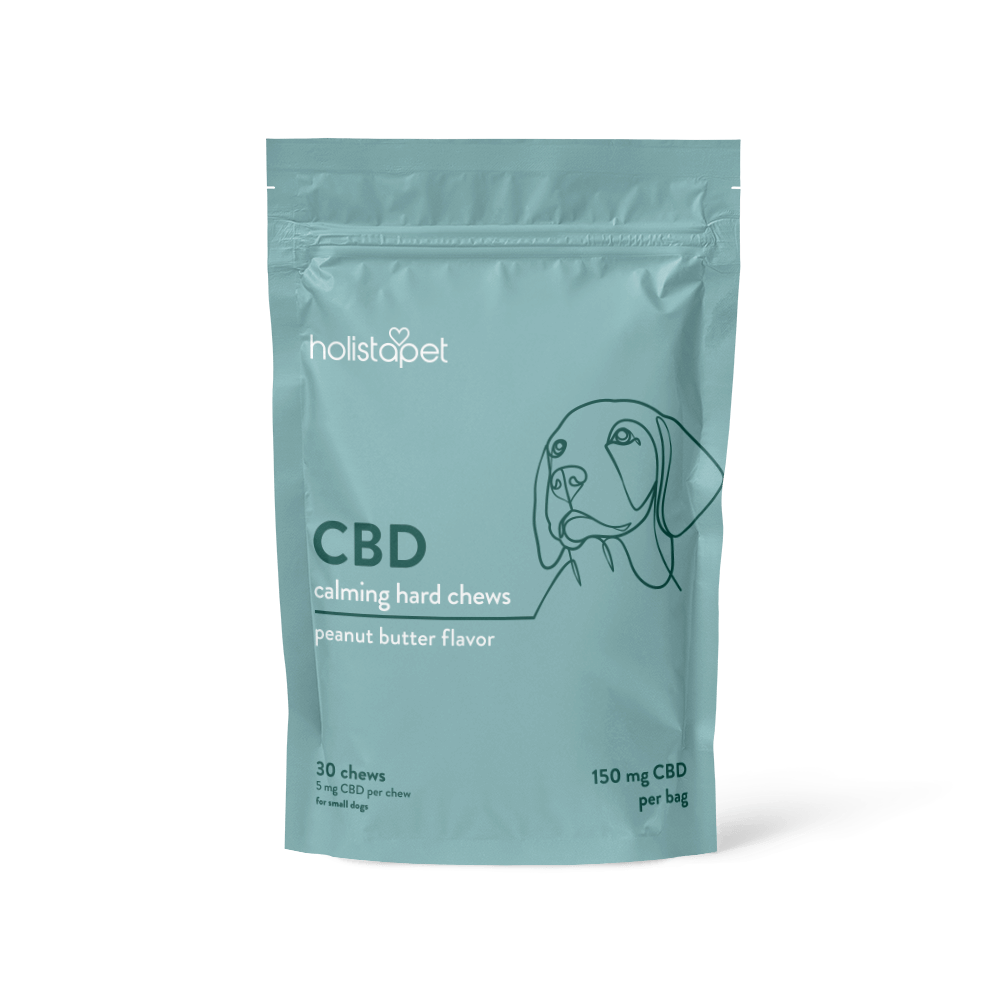

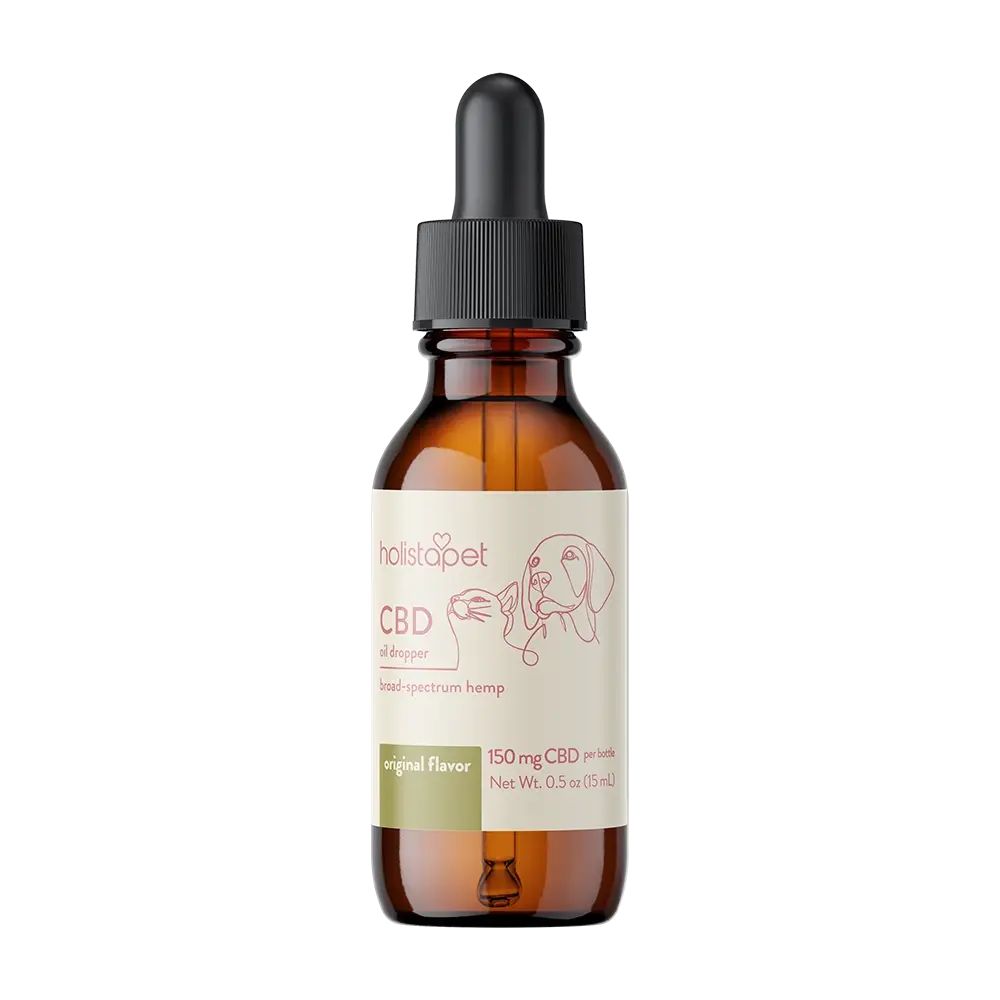



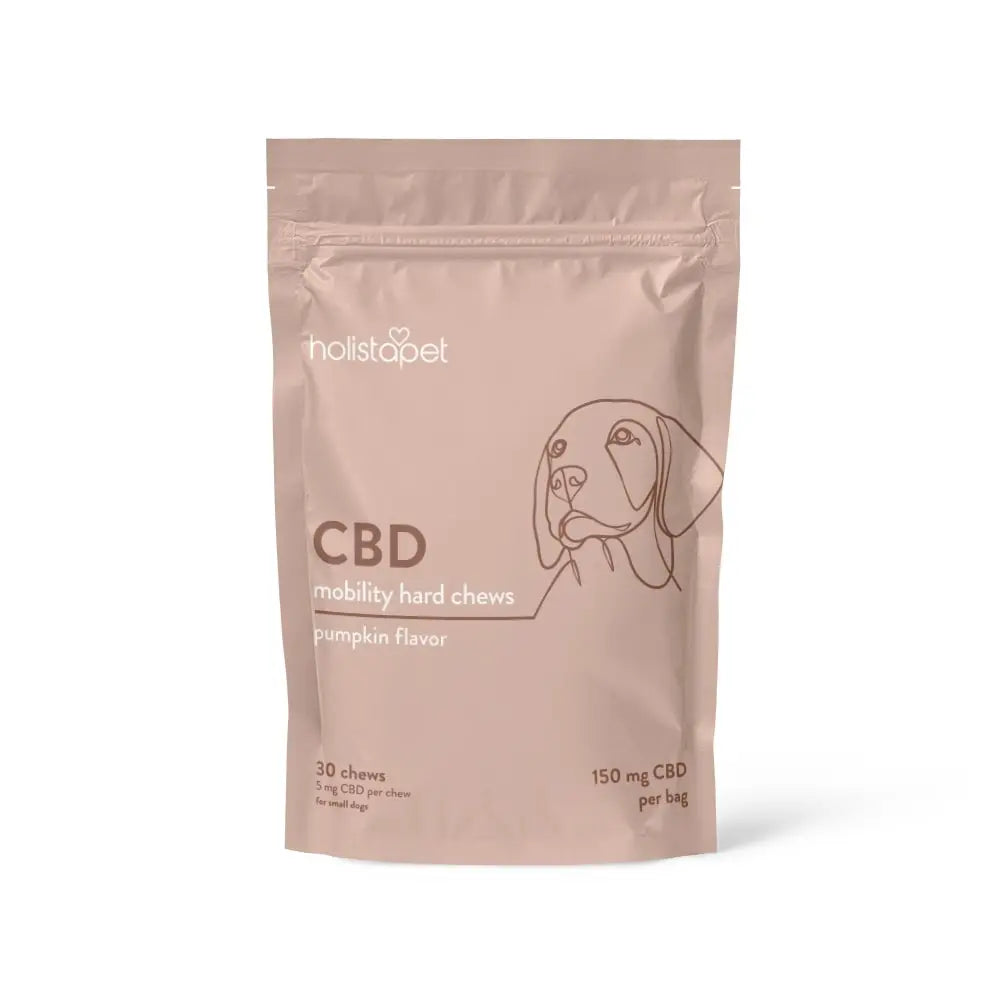

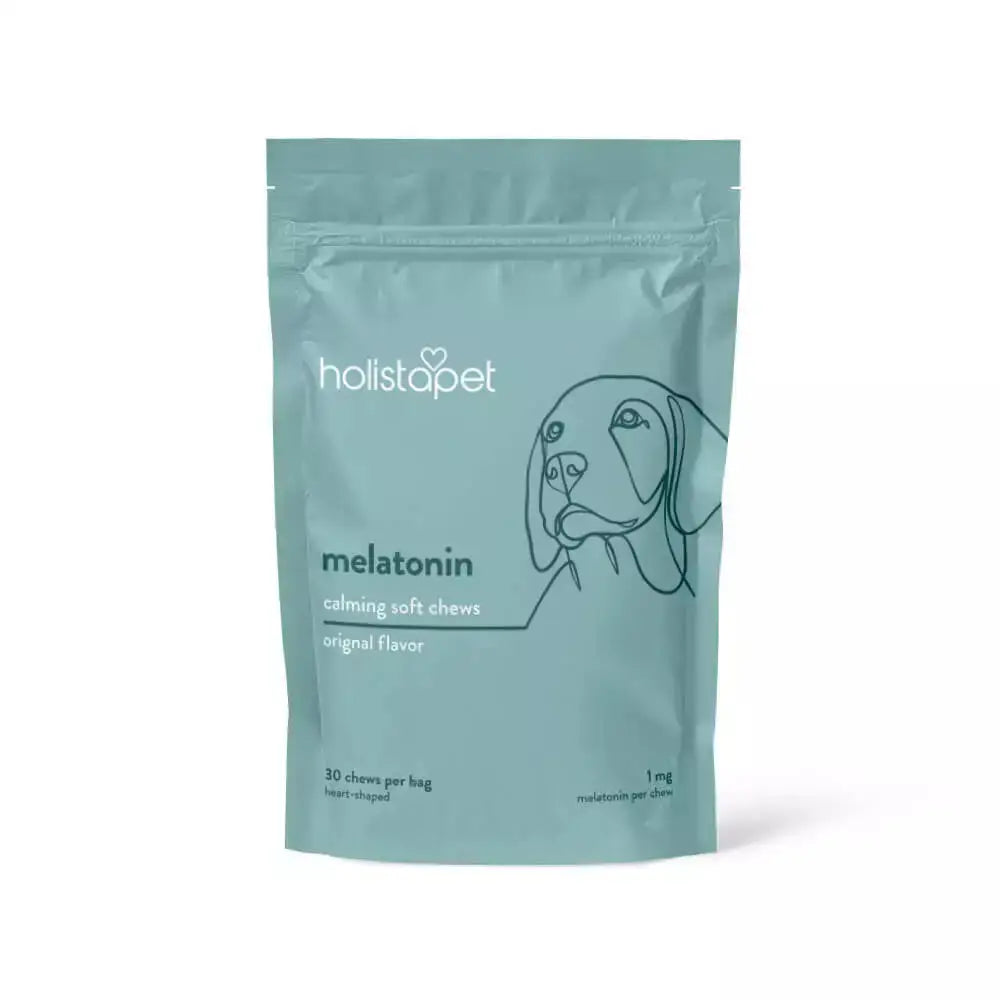

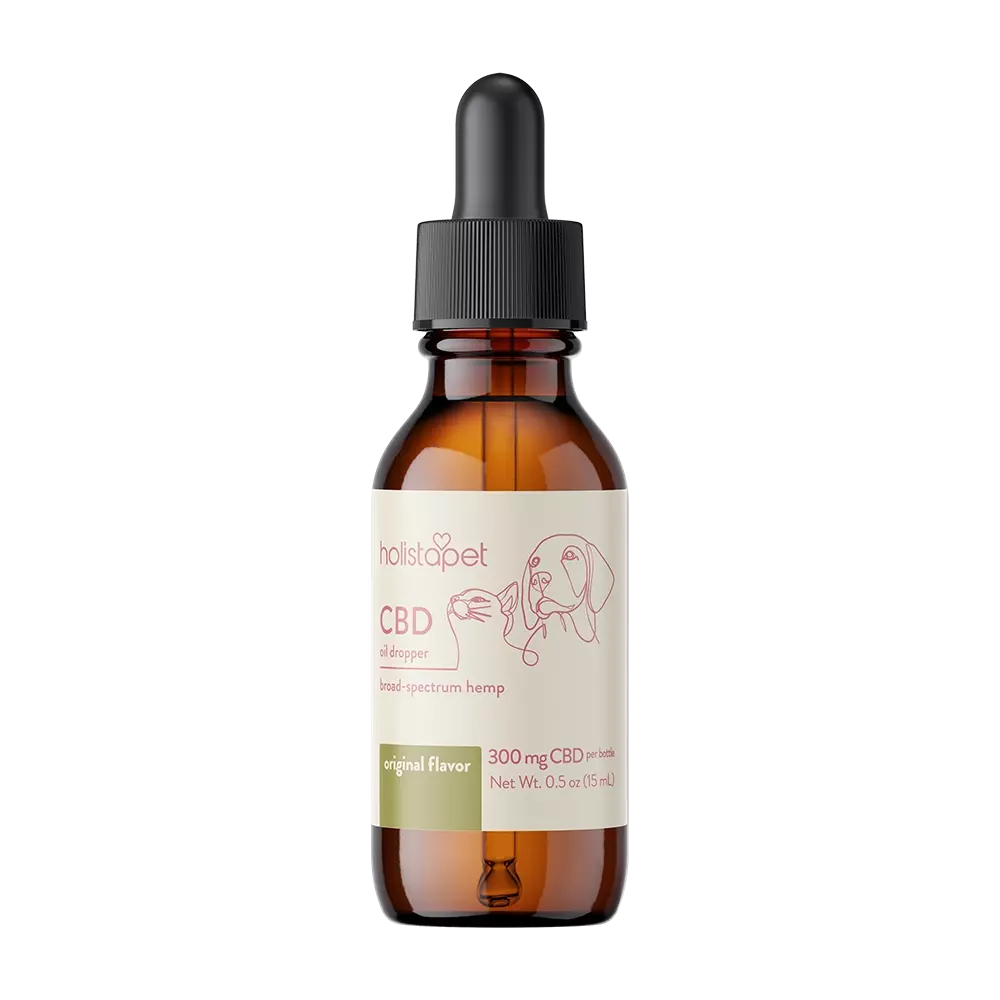

Leave a comment
This site is protected by reCAPTCHA and the Google Privacy Policy and Terms of Service apply.